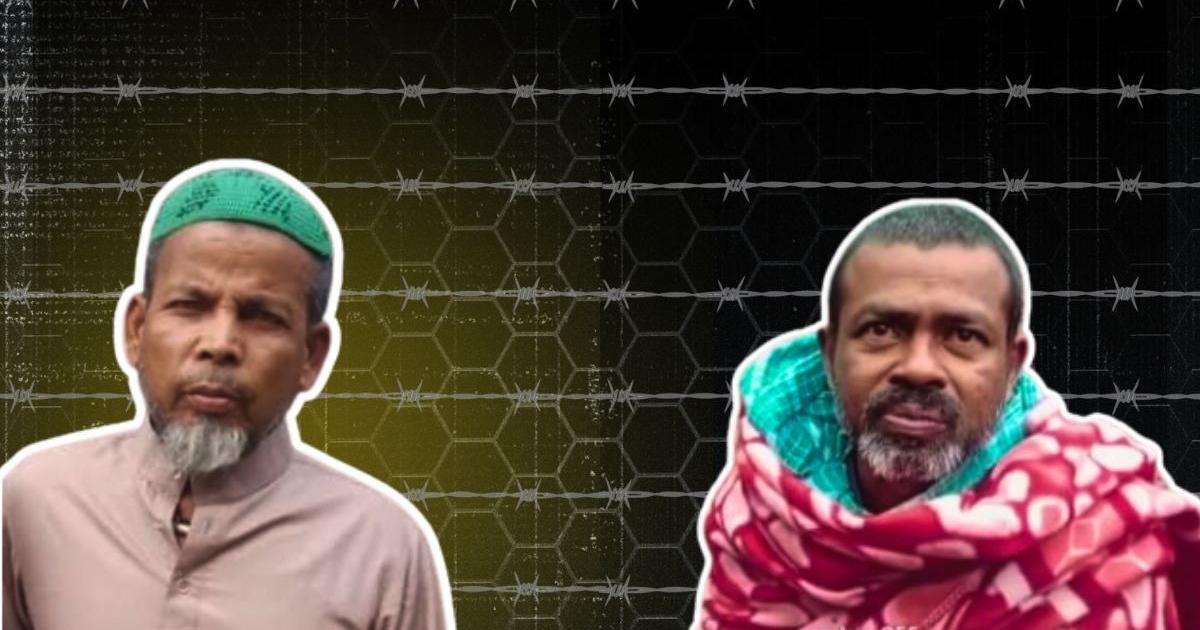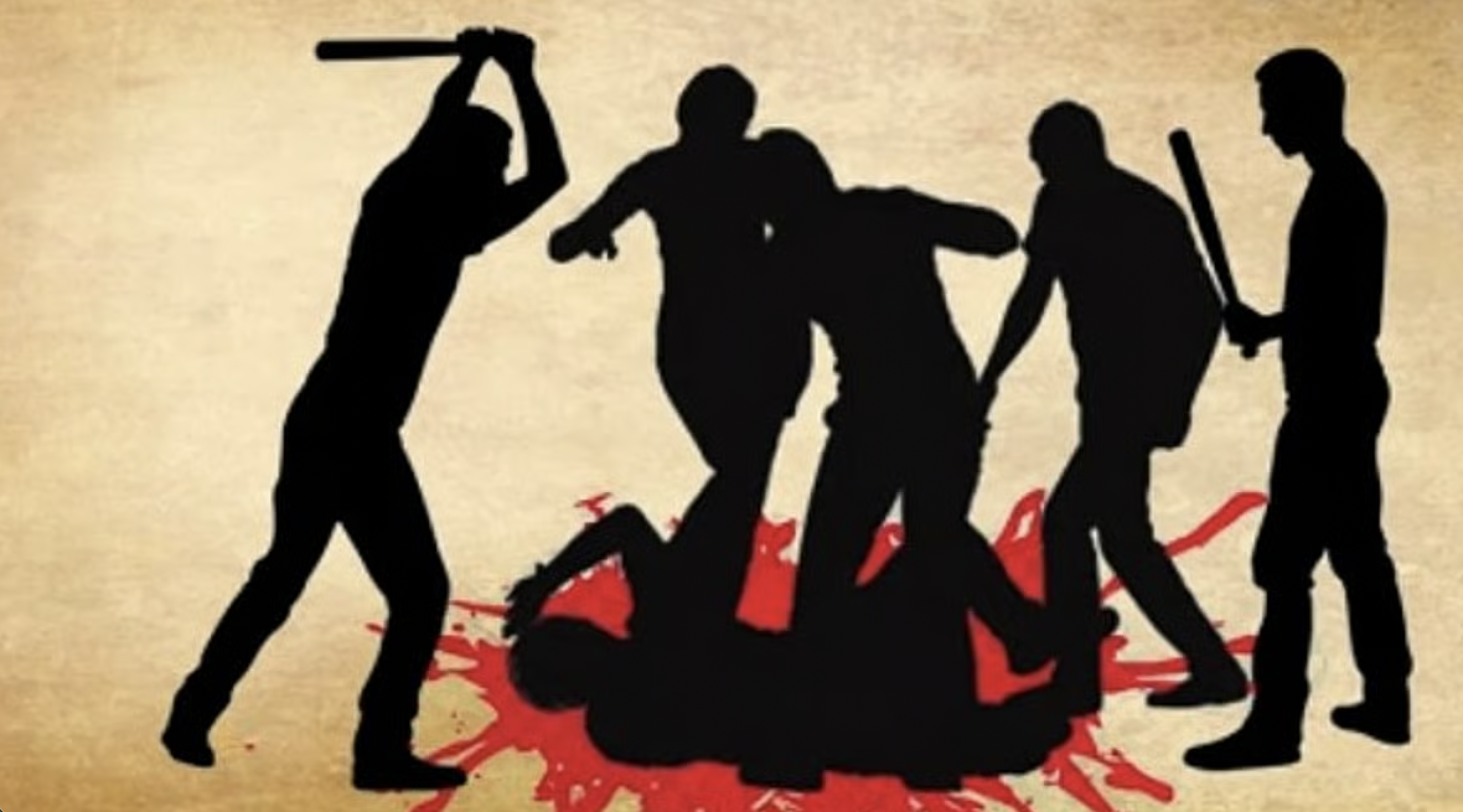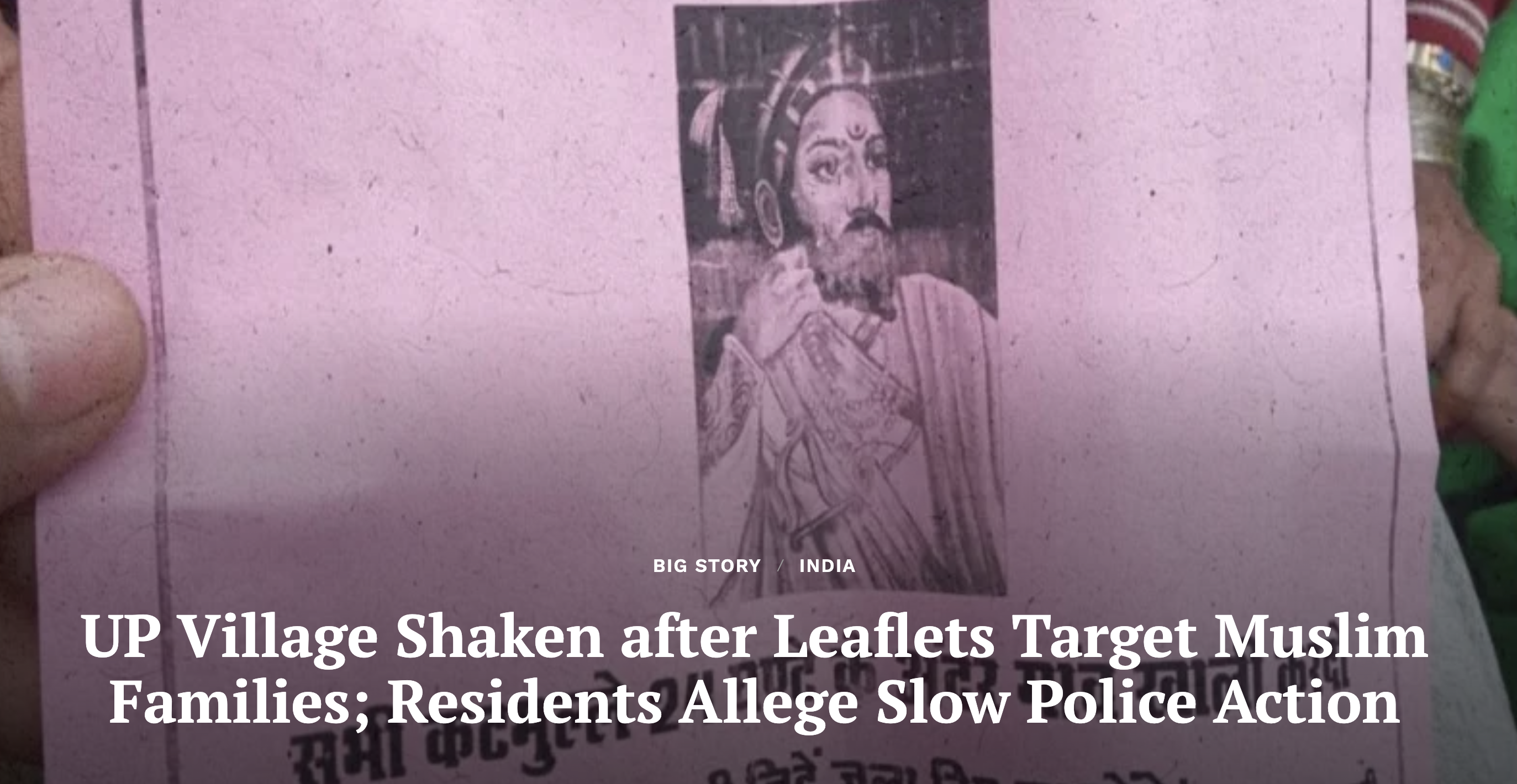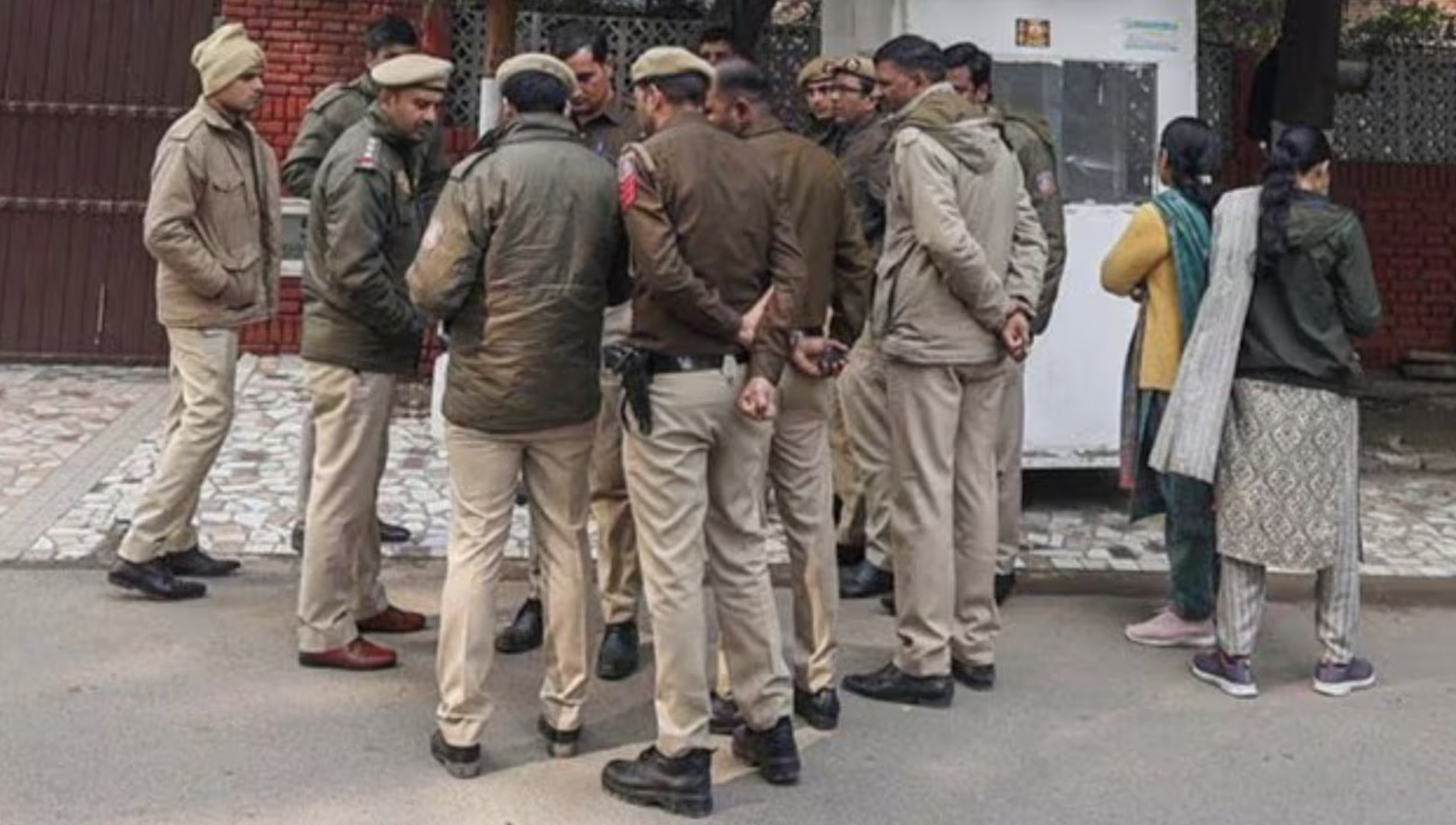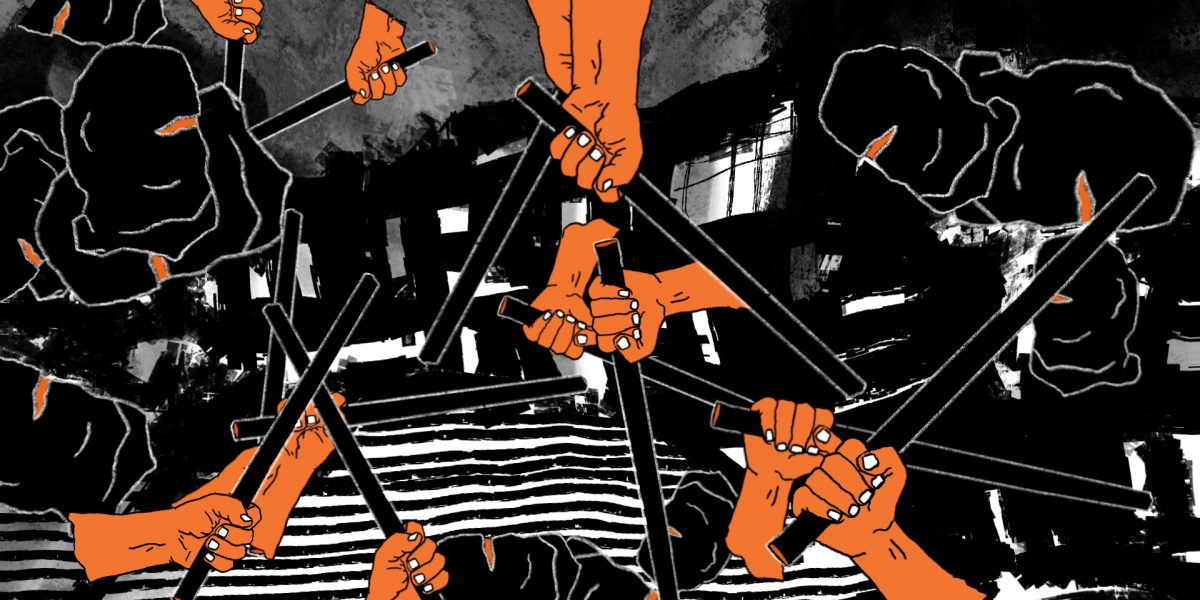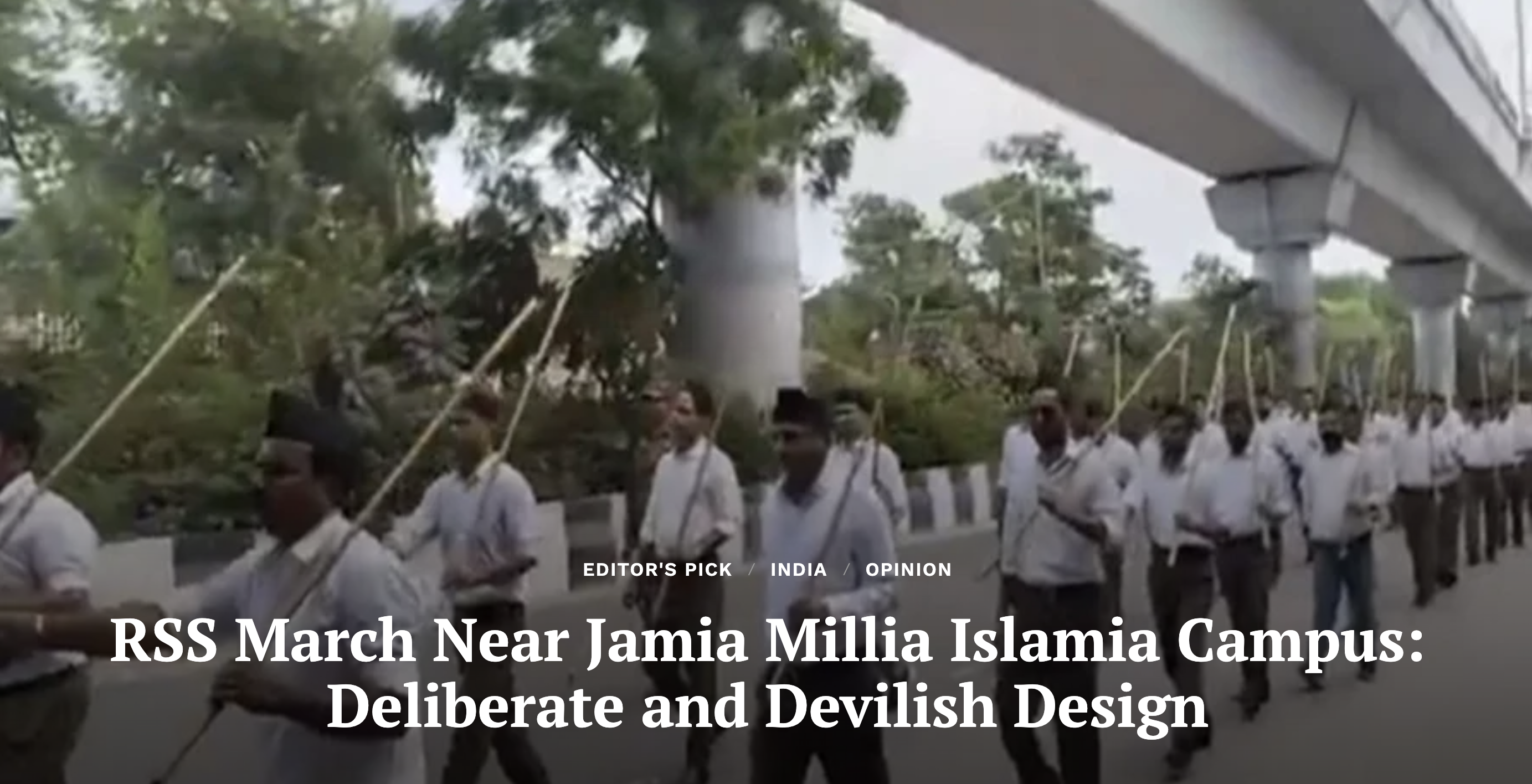
AS an alumnus, I deeply love and cherish my connection with Jamia Millia Islamia in New Delhi. It’s here I acquired knowledge and inculcated the values of tolerance, diversity, and free thinking. Jamia, to me, is a living history that reflects India’s multicultural spirit. Its corridors and classrooms always remind me that education is not about power but about serving humanity. Today, as the university faces yet another controversy, my heart feels sad and uneasy.
This weekend (5 October), Rashtriya Swayamsevak Sangh (RSS) workers held a march called “Path Sanchalan” near Gate No. 7 and 8 of the university, an embodiment of secularism and pluralism, to celebrate their organisation’s 100th anniversary. Thousands of volunteers, dressed in traditional uniforms and carrying sticks, marched under tight Delhi Police security. This caused a lot of anger and unease among Jamia students, staff, and residents of the nearby localities.
Student groups like the Students’ Federation of India (SFI) and All India Students’ Association (AISA) have termed the march “discriminatory,” saying it “targeted” Jamia and was a clear example of “saffronisation” (imposing Hindutva ideology). Many secular faculty members saw it as a symbolic attack on the university’s secular identity, part of a planned conspiracy to weaken Jamia’s historic values. The march may seem like a small event, but historically and ideologically, it’s not just a physical act — it’s an intellectual move with effects that could last decades. Given its timing and location, it was clearly a provocative step, meant to undermine Jamia’s secular image and create fear and division among students.
In India’s intellectual and political history, Jamia Millia Islamia and the RSS are two parallel streams that emerged in the same era but flowed in opposite directions. Jamia was born in 1920 from the Indian freedom movement. Its founders — Maulana Mohammad Ali Jauhar, Hakim Ajmal Khan, Sheikhul Hind Mahmud Hasan, and Dr. Zakir Husain — made it a centre of intellectual and academic resistance against British rule. The institution represents a vision of India that rises above religious identity, embodying unity in diversity. Jamia has always embraced secularism and inclusive education, and its history is tied to great leaders like Gandhi, Nehru, and Maulana Azad, who saw it as an intellectual fortress against colonial oppression. Here, education is not just professional training but a process of thinking, questioning, reasoning and seeking justice.
Jamia’s Secular Identity
Despite this, some groups find Jamia deeply troubling. Recently, especially during the 2019 protests against the Citizenship Amendment Act (CAA), reports of police violence, arrests, and maltreatment of students made headlines nationally and internationally. Jamia students played a key role in the fight for constitutional rights and citizenship, reflecting the institution’s social conscience. In this context, the recent RSS march raises another question about Jamia’s secular identity. Was it just a display, or was it meant to provoke, anger, or serve a deeper ideological purpose? This question matters because, despite being a Muslim-majority institution, Jamia has always stood firm on secular principles. Efforts to undermine its historical importance or make it controversial are attacks on India’s secular foundations.
To understand this, let’s delve deep into history. The RSS was started in 1925 in Nagpur by Dr KB Hedgewar to unite Hindus into one religious and cultural group. Instead of fighting for India’s freedom, its leader Vinayak Damodar Savarkar aided and abetted the British Raj. The RSS has always worked to divide people in the name of religion and push for a “Hindu nation.” To see its problems and dirty politics, we need to look at its main ideas. Hedgewar and later MS Golwalkar based nationalism on Hindu culture and supremacy. In his 1939 book We, or Our Nationhood Defined, Golwalkar said, “India is a Hindu nation, and other religious groups are just guests.” This goes against India’s rule of treating all religions equally and causes hatred, riots, and division. The RSS’s politics are against diversity and target minorities in the name of Hindutva. For example, its role in the 1992 Babri Masjid riots or supporting hate speeches against minorities recently shows its harmful politics.
This story was originally published in clarionindia.net. Read the full story here.


